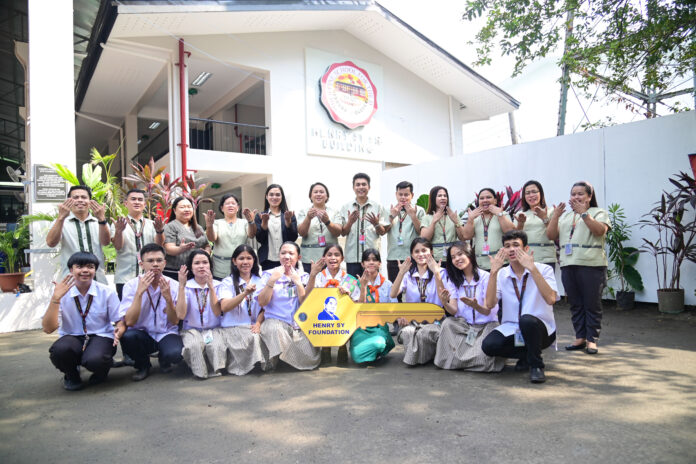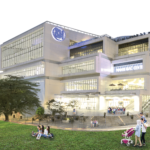SM is reinforcing its legacy not only as a commercial powerhouse but as a steward of Filipino cultural heritage, as seen in its recent restoration of historically significant landmarks. Through the Henry Sy Foundation and SM Foundation, the group has been spearheading preservation projects that underscore its commitment to long-term social impact beyond business growth.
One of its latest initiatives includes the restoration of Quezon Hall at West Visayas State University (WVSU) in Iloilo City—an educational and architectural landmark recognized under the 2009 National Heritage Act by the National Historical Commission of the Philippines (NHCP). The project adhered to NHCP guidelines, maintaining the building’s original character while integrating sustainable upgrades such as energy-efficient lighting and inverter air conditioning units.
“These cultural landmarks are irreplaceable—once lost, we cannot bring them back,” said Deborah P. Sy, executive director of SM Foundation. “Preservation is a collective responsibility. It goes beyond installing commemorative plaques; it means breathing new life into these spaces so they continue to serve, inspire, and remain accessible to future generations.”
The WVSU initiative complements other social investment projects by SM, such as the recent enhancement of the Philippine School for the Deaf (PSD) in Pasay. In collaboration with the Department of Education and the Pasay City LGU, the SM Foundation modernized PSD’s senior high school laboratories to support inclusive, skills-based learning in electronics, IT, and the performing arts.
“In restoring these heritage educational institutions, we honor the generations of learning they have nurtured,” added Sy. “Our hope is that through preservation, we help spark more opportunities for education and personal growth—not just today, but for many years to come.”
SM’s commitment to heritage is not new. It is notably reflected in its redevelopment of Taal Vista Hotel, a 1939 pre-war landmark originally envisioned by Commonwealth President Manuel L. Quezon. Acquired by the SM Group in 1988, the hotel has been expanded and modernized while preserving its historical essence, reinforcing the company’s long-term dedication to cultural continuity.
In parallel, China Banking Corporation, an SM-affiliated company, completed the Binondo Heritage Restoration Project—a meticulous rehabilitation of its 1924 Neo-Classical headquarters in Manila. The project was a cornerstone of China Bank’s centennial celebration in 2020 and earned both an NHCP historical marker and designation as an Important Cultural Property from the National Museum.
These efforts align with UNESCO’s assertion that heritage preservation fosters cultural identity while contributing to social, environmental, and economic development. For SM, these restorations are more than symbolic—they are strategic investments in national pride and community upliftment, woven into the fabric of its corporate mission.







